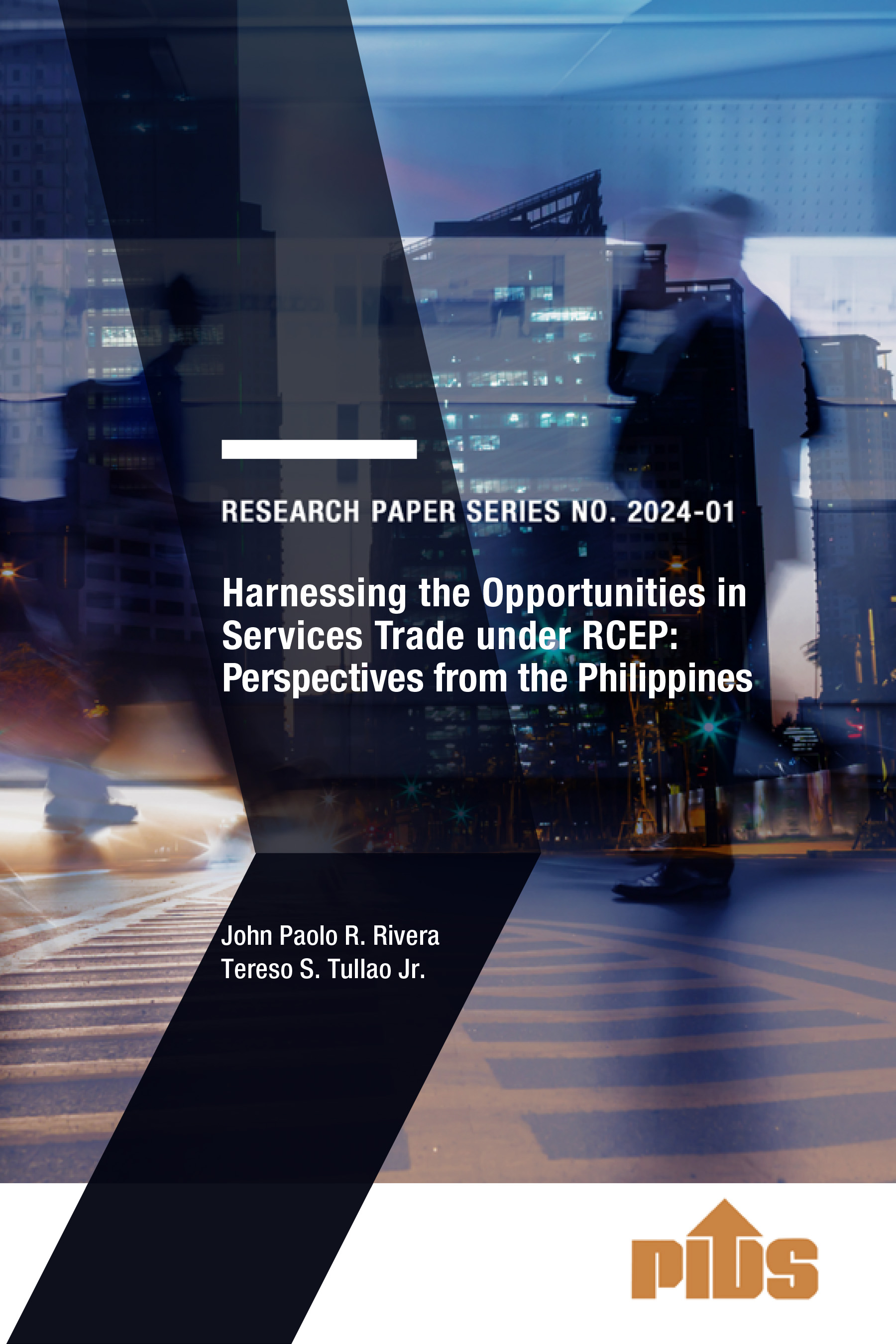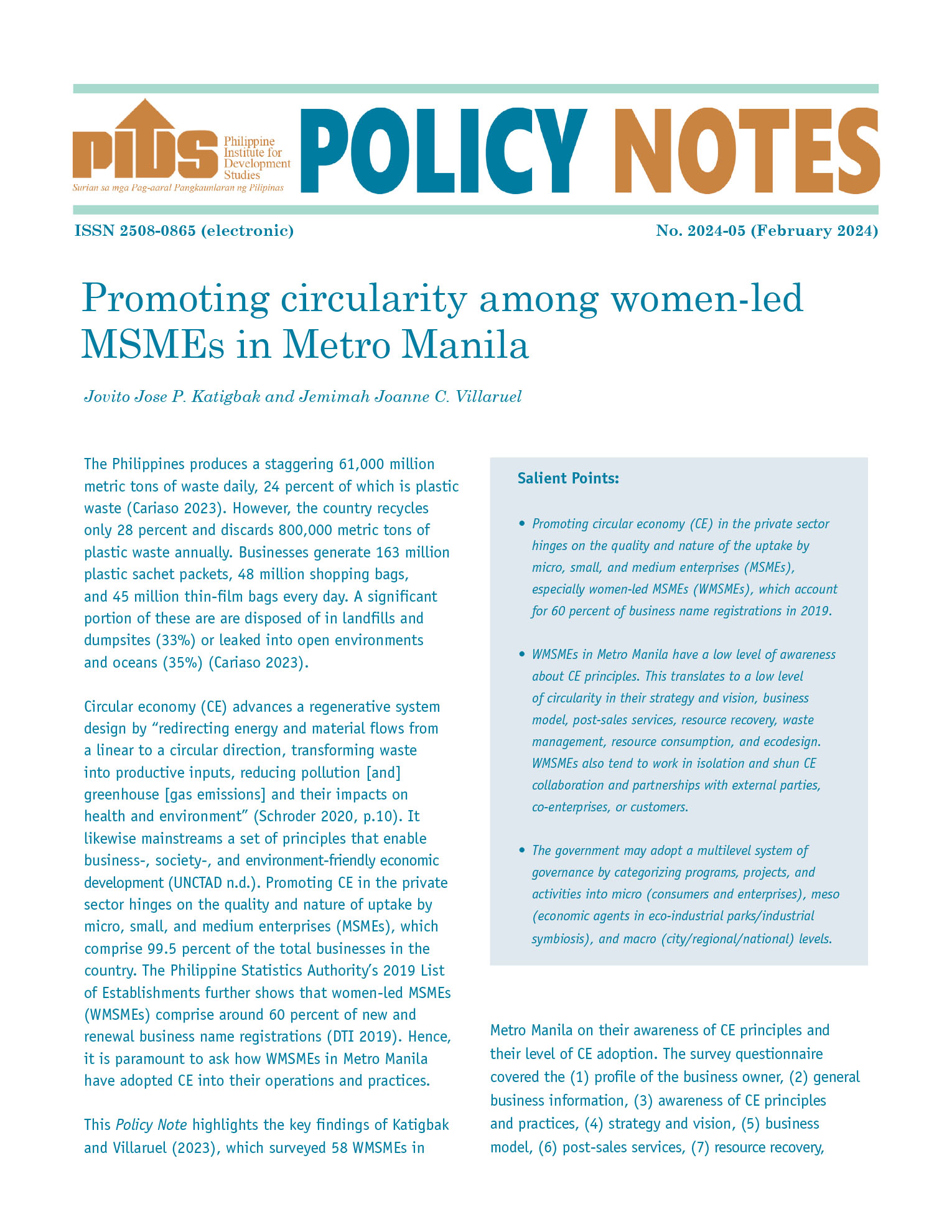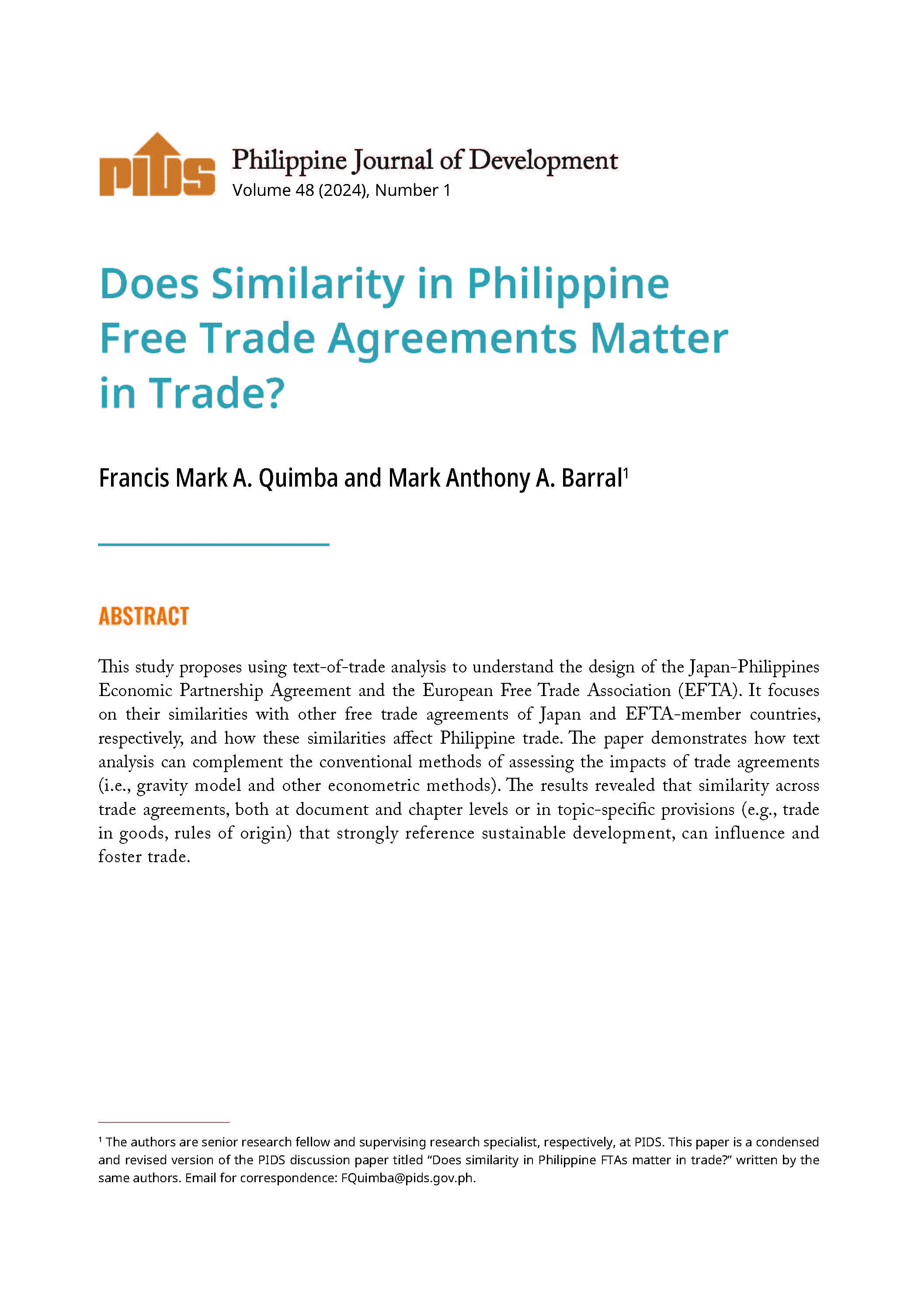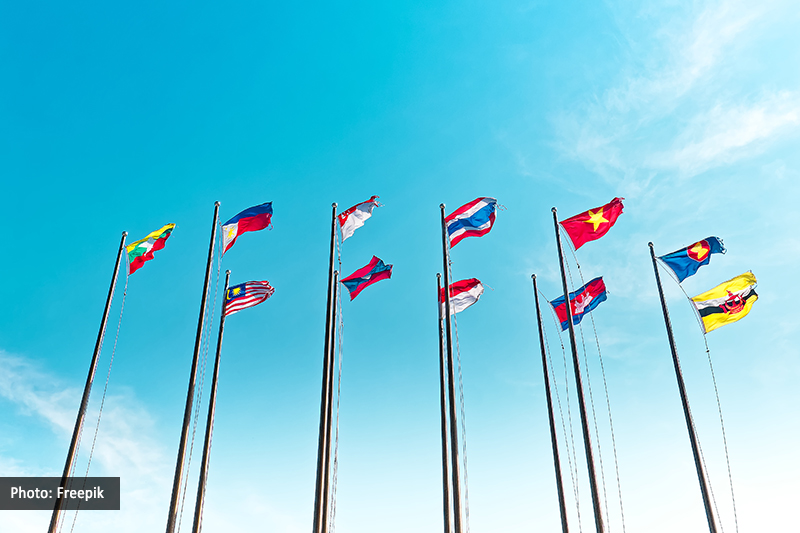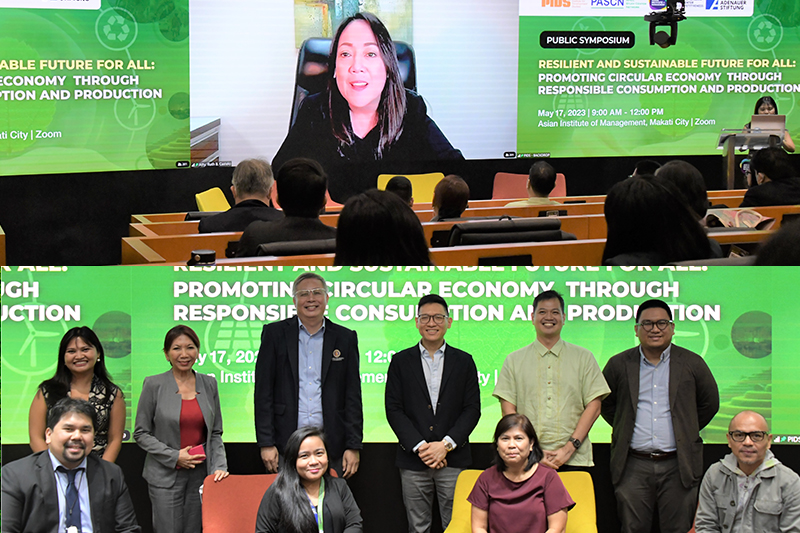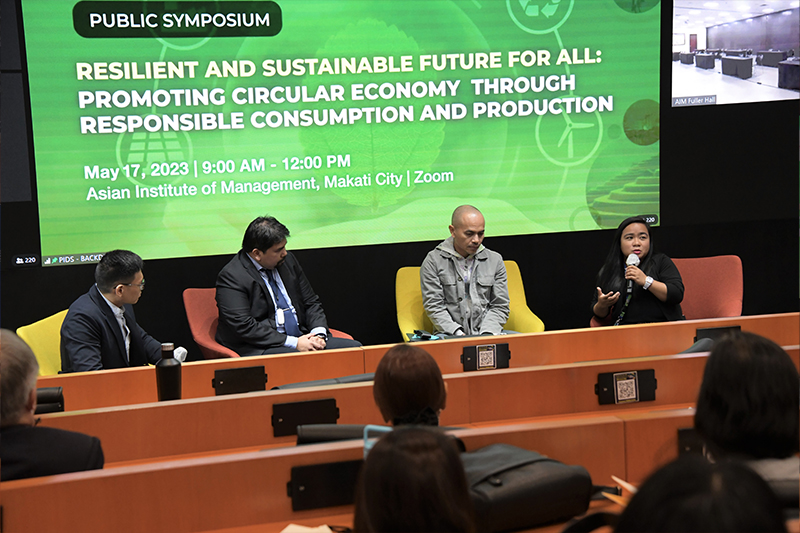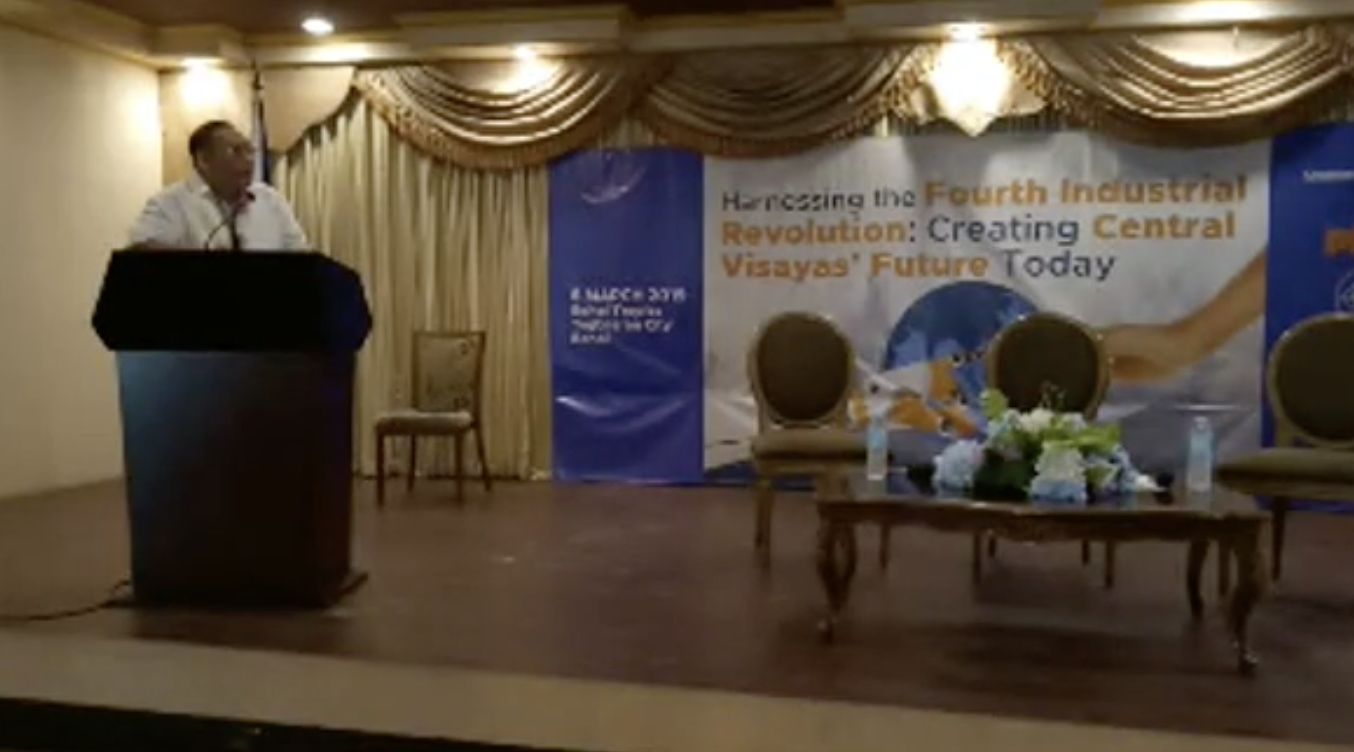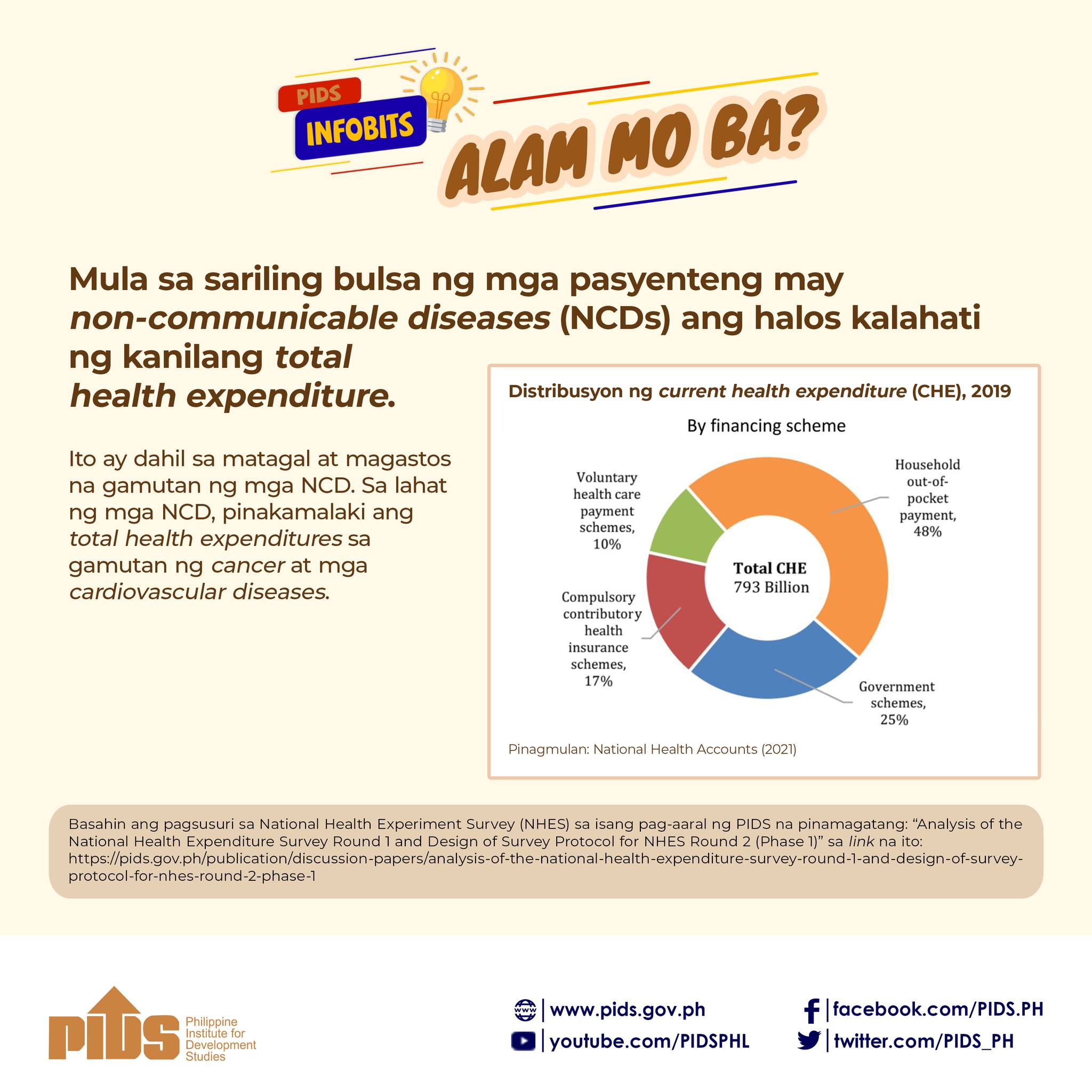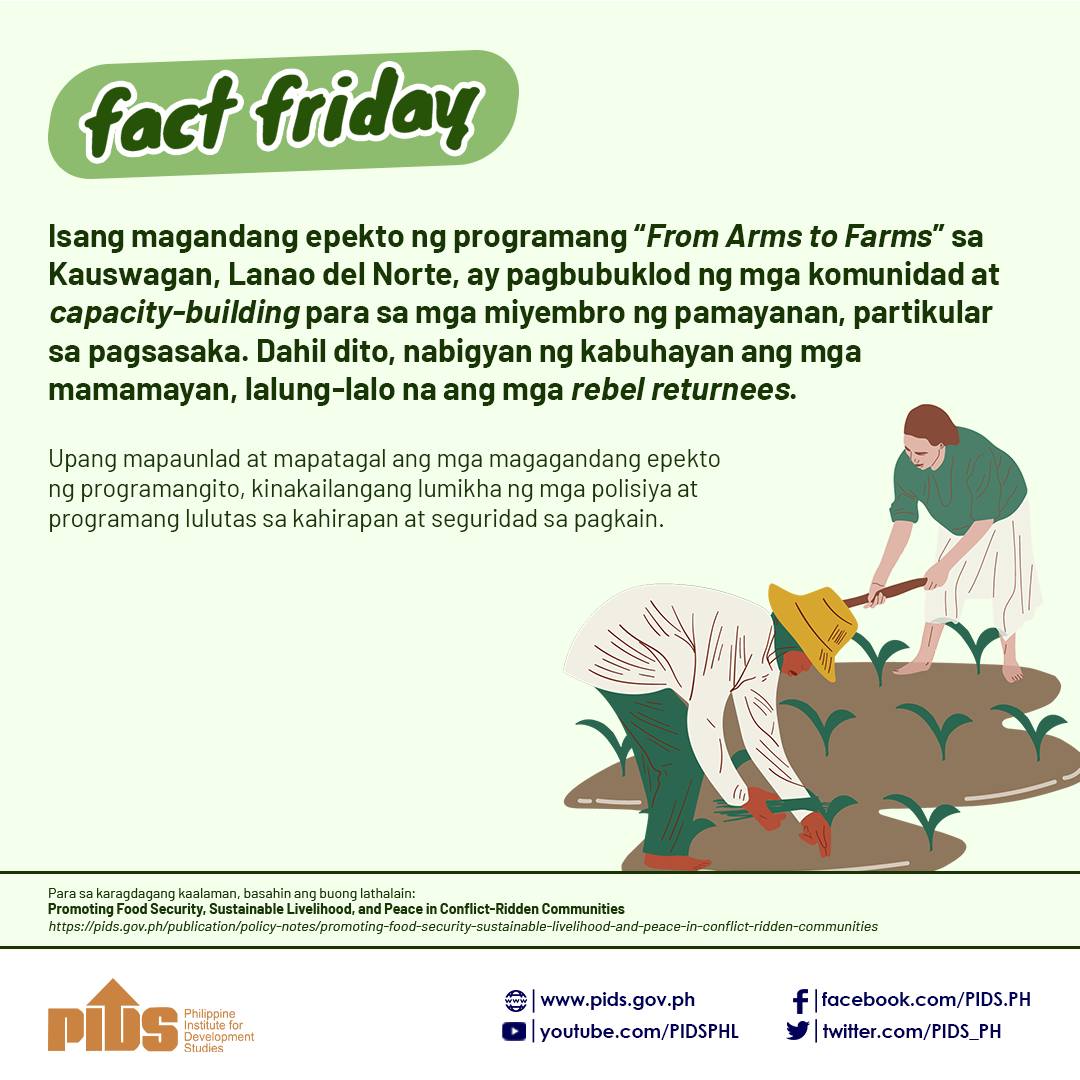The Senate will debate and probably vote on the controversial Regional Comprehensive Economic Partnership Agreement (RCEP) when it resumes regular session on May 23.
Both the Senate and the House of Representatives will hold plenary session for two weeks after the May, 2022 national and local election. They will later go into a sine die adjournment.
The Philippines has missed the Jan. 1, 2022 effectivity of the RCEP when it went into a Christmas recess without concurring the ratification of the mega trade deal.
Senator Aquilino Pimentel III, chairman of the Senate Foreign Relations committee, said the Senate would try to terminate the interpellation stage or debate on RCEP before voting on the treaty.
He could not say whether there would be enough votes to have RCEP ratified.
Senate concurrence faced stiff opposition by several groups, mostly agriculture and non-governmental organizations, urging senators to reject the trade deal. They think the deal would result in further ‘’import surges, price depressions and displacement of local production.’’
The RCEP Agreement wil have entered into force last January for six Association of Southeast Asian Nations (Asean) member states – Brunei Darusalam, Cambodia, Lao PDR, Singapore, Thailand and Vietnam, and the five Asean trading partners, namely Australia, China, Japan, Korea and New Zealand.
RCEP economies account for 29 percent of global gross domestic product (GDP). One study noted that real income increase for the world from the trade pact will amount to $186 billion by 2030.
President Duterte signed the treaty last September which, according to the Constitution, requires ratification by the Senate through two/thirds of the 24 senators or 16 votes.
Many economists and international organizations have defended the value and importance of the RCEP to the Philippines and to the region.
Dr. Francis Quimba of the Philippine Institute for Development Studies (PDIS), said non-participation to RCEP will cause the Philippines to miss out on this opportunity to facilitate the much-needed economic growth and recovery.
He stressed that delayed or non-participation to RCEP would lead to a 0.26 percent decline in real GDP of the Philippines.
Some stakeholders, however, pointed out that the study by the Asian Development Bank (ADB) indicates marginal gains for the Philippines, with the country only seeing an incremental increase in real income of $3 billion by 2030 (or 0.39 percent growth) compared to other countries such as China, Japan and Korea.
Senate will debate on RCEP when it resumes session in May

